What is Global Warming?
Every one of us is familiar with the term Global Warming. But, we are still not clear on its meaning. Hence, in layman’s language, global warming means a gradual rise in the overall temperature of the Earth’s atmosphere. There are various activities taking place which have been increasing the temperature gradually. Since the beginning of the industrial revolution, the global annual temperature has increased in total by a little more than 1*C. Controlling global warming; however, is not unmanageable. The first and foremost step in controlling global warming is to identify its root cause.
Causes of Global Warming: It can be either 1) Natural like the release of greenhouse gases, or the eruption of volcanoes etc. 2) Man-made including fossil fuel, intensive farming, waste disposal, overconsumption, mining, excessive use of automobiles etc.
Effects of Global Warming:1) The increase in temperature and climate change disturbs the animal and plant reproduction cycle resulting in the disappearance of many endangered and endemic species of plants and animals.
2) Melting of ice at poles
3) Increase in the sea level
4) Scarcity of food and energy for consumption
5) Untimely and excess floods, drought, hurricanes, cloud bursts etc
Prevention of Global Warming :
Overcoming global warming is not an impossible task, but it can be controlled or stopped when combined efforts are put in. For that, both individuals and governments have to take steps to make it possible.
Ours is a vast country with the biggest geographical area spread from Kashmir to Kanyamkumari and from Gujarat to Assam. At every point or corner of this country, there are many means and ways, where we can work to reduce global warming to restore the balance of nature.
For this, firstly we have to carry out a detailed study of the weather and soil condition of these areas and should grow commercial and traditional trees suitable to that habitat.
Secondly, there was a time, when our country was abundant in rivers and lakes. Now with the passage of time and in the name of development, deforestation took place by cutting trees and plants. This has resulted in lesser rain and the death of rivers and lakes. So, in order to restore these, all rivers are to be recharged and bought to life.
Thirdly, the boring of wells in hilly areas should be banned and stopped. Due to boring activity in hilly areas, the moisture level of soil below the ground becomes lower resulting in the weakening of the roots of the trees which leads to the uprooting of trees. All these results in the devastating of hills and the felling of mountainous rocks. To overcome this, we should build a retaining wall along the border of these hills while developing roads. Once these retaining walls are built, they will prevent the fall of these mountainous rocks and helps in maintaining the moisture of the soil. Also, provisions should be made to grow more and more creepy plants along these to hold the soil tightly and properly.
Fourthly, mangroves should be developed and maintained below the sea, so that the sea animals, reptiles, amphibians, and creatures should sustain their life and can maintain the ecology of nature. With all these, we can reduce global warming of the earth and can restore the balance of nature for future generations.
Apart from all these, other common ways and means to reduce global warming are:
1) Reduction of greenhouse gas.
2) Moving towards renewable energy like solar, wind, biomass etc.
3) Use of energy-efficient equipment and water-saving techniques.
4) Encouraging the use of more and more public transport and carpooling.
5) Reducing CO2 by implementing electric and hybrid vehicles.
6) Reducing CO2 from building by using the sustainable infrastructure.
7) Develop a responsible consumption habit, may it be food, clothing, cosmetics etc.
8) Encourage them to use more and more natural resources.







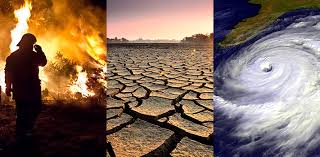
 OpinionExpress.In
OpinionExpress.In

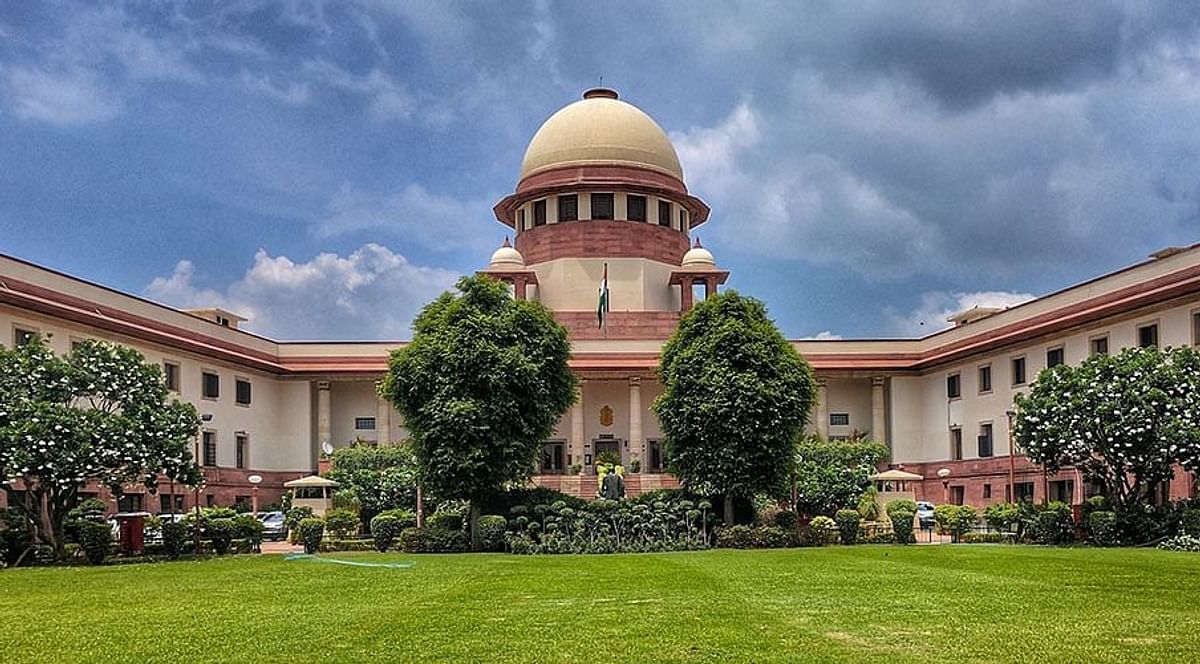
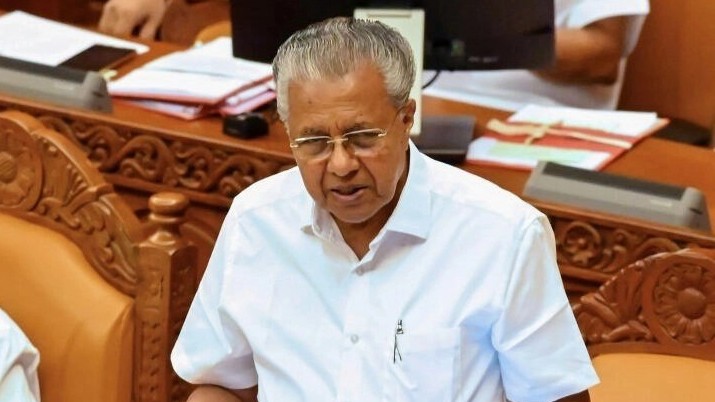
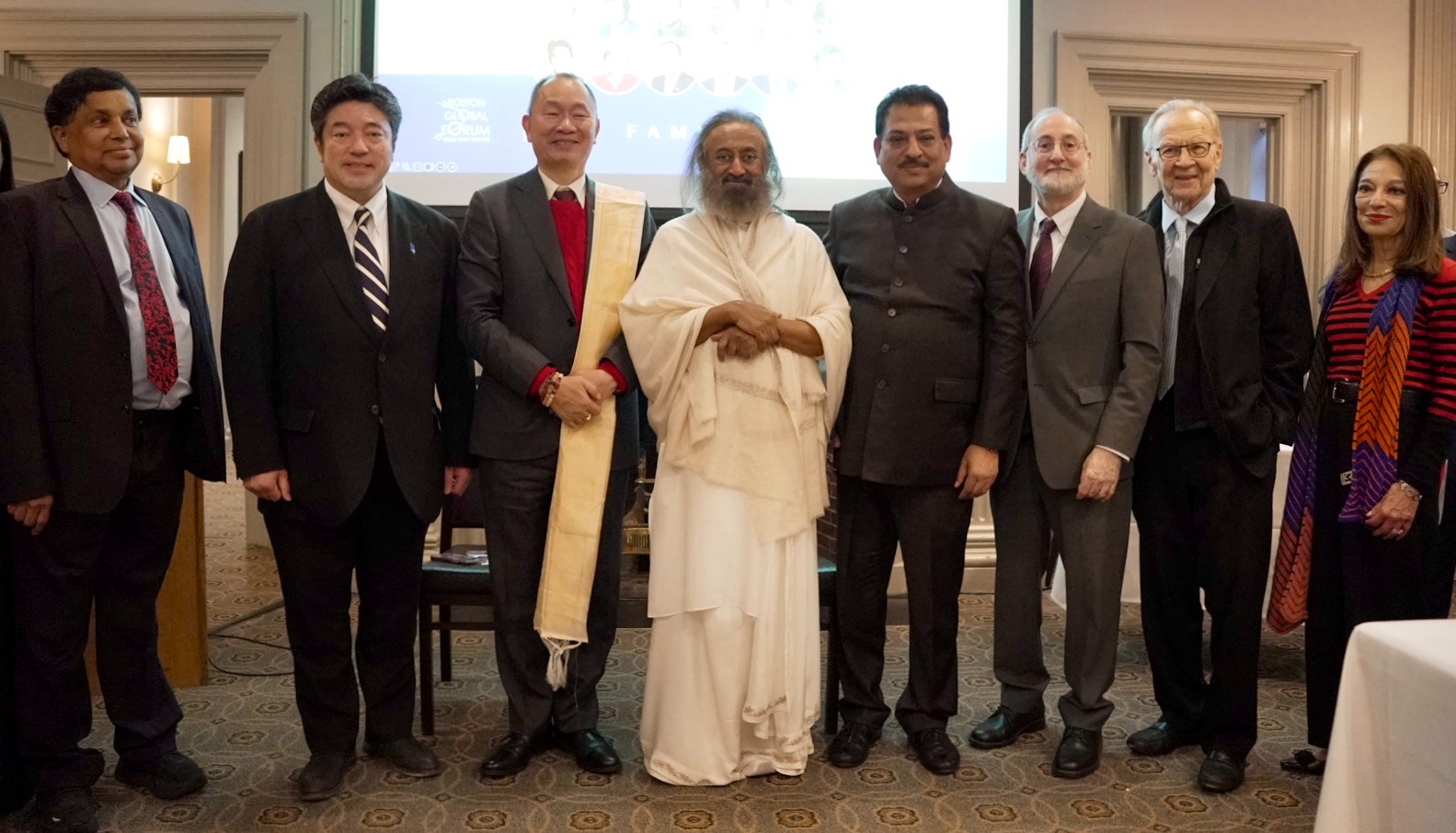



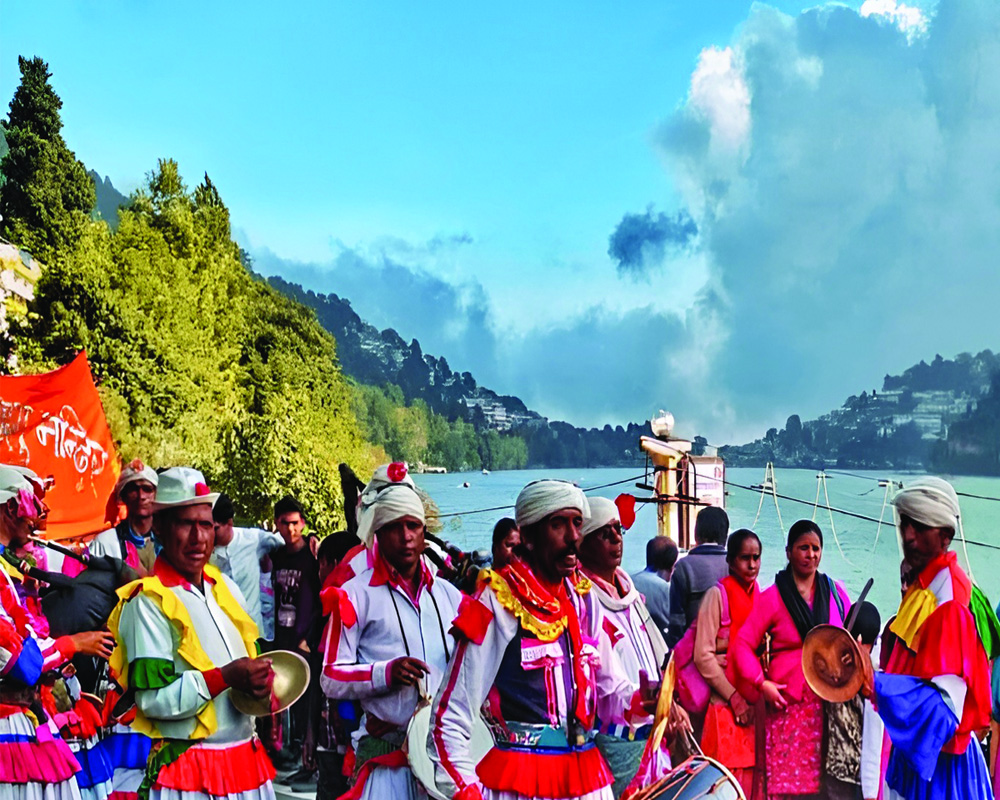







Comments (0)